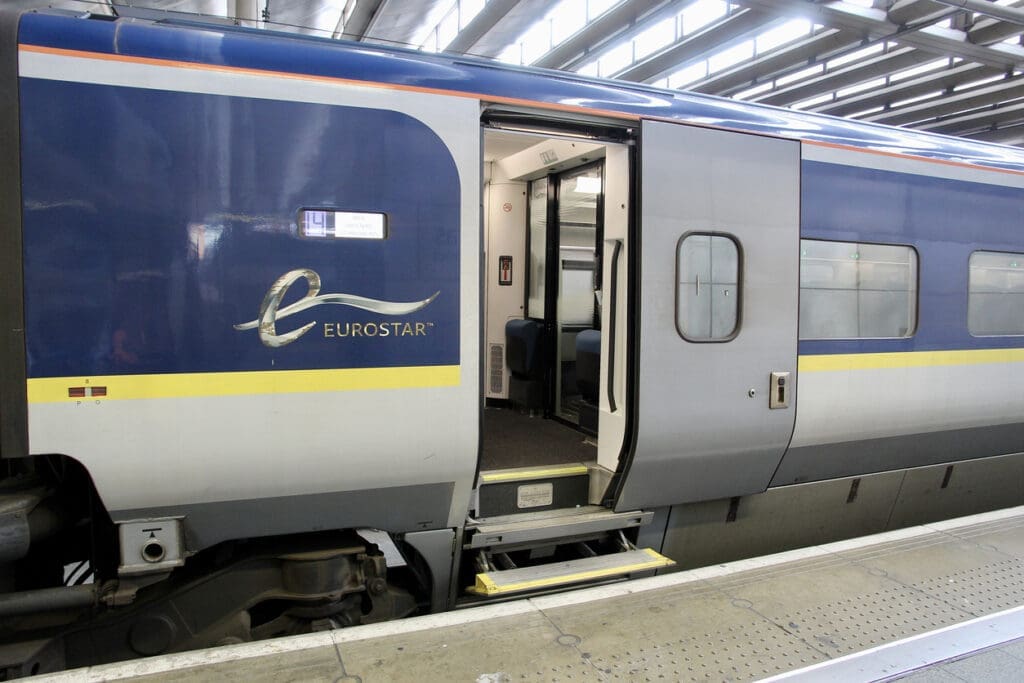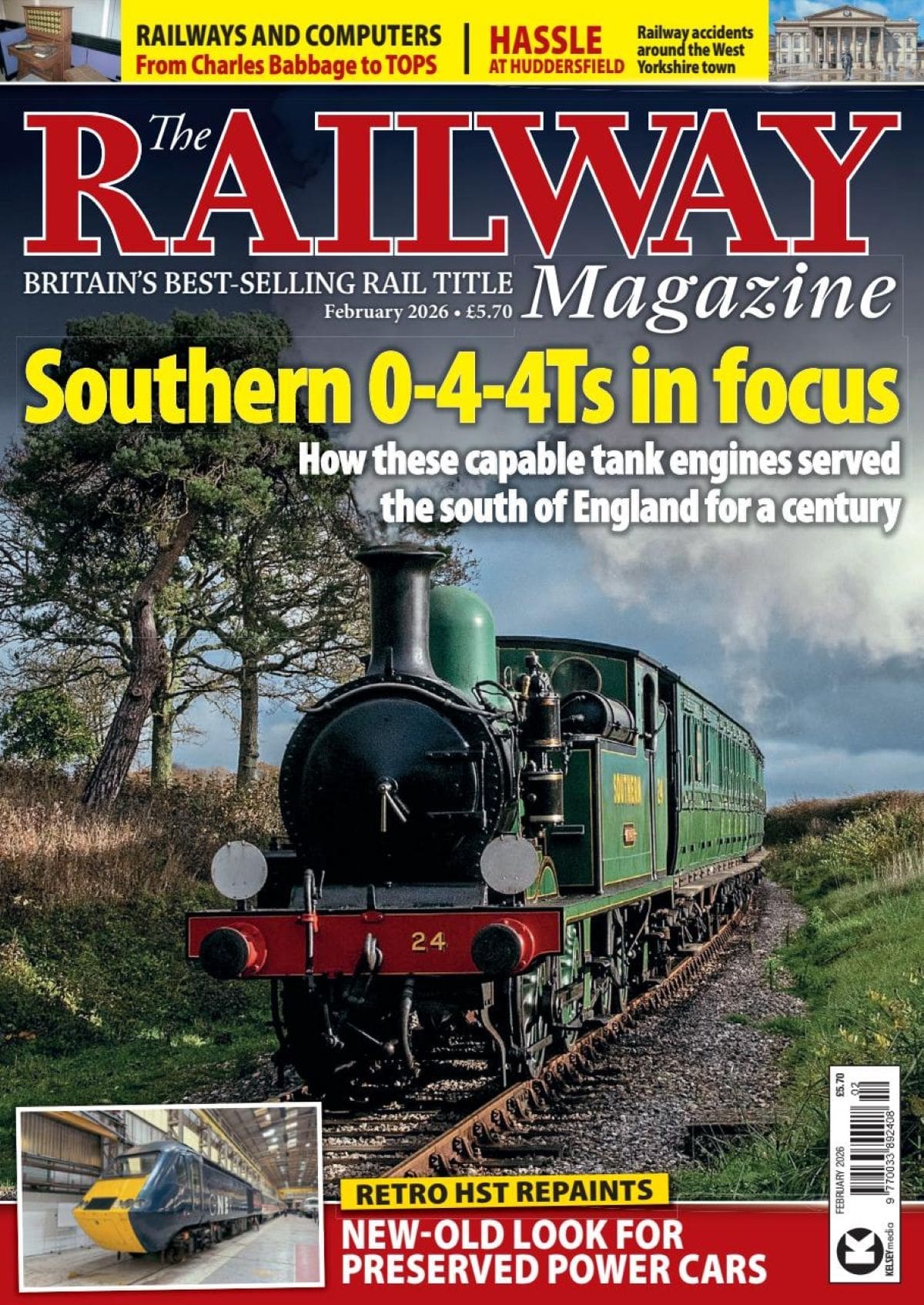Spare capacity at Eurostar’s Temple Mills maintenance depot will be allocated to either a new operator or Eurostar itself, meaning more choice for passengers, the Office of Rail and Road (ORR) has said.

Regulator the ORR said it would allocate spare capacity at the north-east London maintenance depot either to a new operator proposing to launch rival services or to Eurostar itself, which has plans to grow.
Eurostar currently holds a monopoly in running passenger services through the Channel Tunnel.
From the history of steam through to 21st century rail transport news, we have titles that cater for all rail enthusiasts. Covering diesels, modelling, steam and modern railways, check out our range of magazines and fantastic subscription offers.
However, other organisations, include billionaire entrepreneur Sir Richard Branson’s Virgin Group, Italy’s state-owned railway company FS Italiane Group, and Gemini Trains, which is chaired by Labour peer Lord Berkeley, have all made proposals to launch services through the Channel Tunnel.
Access to space at Temple Mills for maintaining and storing trains is a critical requirement for new operators or Eurostar to boost services.
It is the only UK site able to support trains that can be used in the Channel Tunnel and on tracks in continental Europe.
From London St Pancras, Eurostar serves Paris, Brussels and Amsterdam, as well as running seasonal ski trains to the French Alps.
Getlink – the French owner of the Channel Tunnel – believes there is the potential for services between London and locations such as Bordeaux, Cologne, Frankfurt, Geneva, Marseille and Zurich.
The ORR’s deputy director for access and international, Martin Jones, said: “The growing appetite to provide international rail services is great news for passengers.
“We now need operators to set out more detail on their proposals at pace, and will work quickly and as thoroughly as possible to determine the best use of capacity at Temple Mills.”
The ORR said it will consider several factors, such as how proposed new services will impact performance, the financial and operational “readiness” of operators, and the “economic and societal benefits”.
It expects to reach a conclusion later this year.
Initial findings from an independent assessment of Temple Mills commissioned by the regulator were published in March.
The review found there is some capacity available for more trains without any changes to current practices, and more capacity could be created through further investment.
The ORR said it has reviewed evidence submitted in response to this by stakeholders such as Eurostar, and concluded the assessment is “an accurate reflection” and “suggests there is room for at most one new operator, or for Eurostar to grow”.
The regulator said it will be “some time” until services from a new operator would be able to start even after access to Temple Mills is secured.
That is because they would need to receive regulatory approval in France, access to the High Speed 1 line between London and the Channel Tunnel, and procure trains.
A spokesperson for Eurostar said: “We welcome the ORR’s call for more information on future plans, and continue to encourage private investment in new depot facilities beyond Temple Mills, of which there are many options.
“Eurostar is already investing in the future with a new fleet of up to 50 trains, enhancing facilities at Temple Mills, and partnership work to expand capacity at stations, including London St Pancras International.
“It’s clear a strategic, joined-up approach is needed to unlock the full potential of international rail for passengers and the UK economy.”

